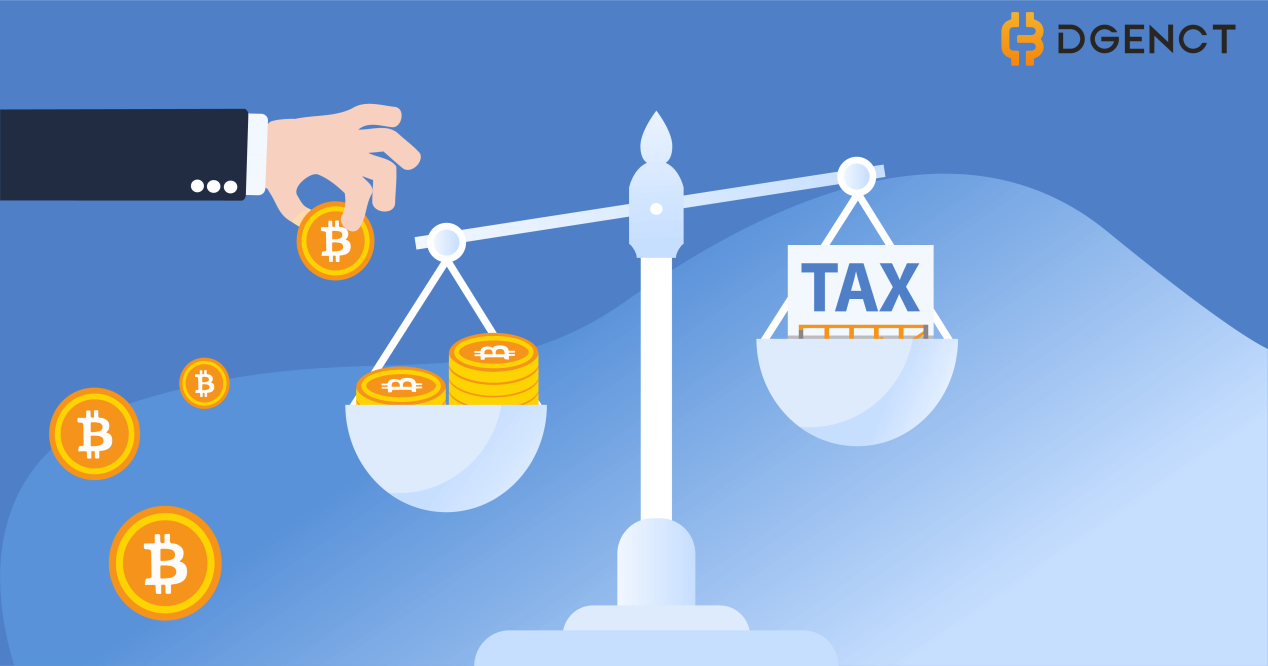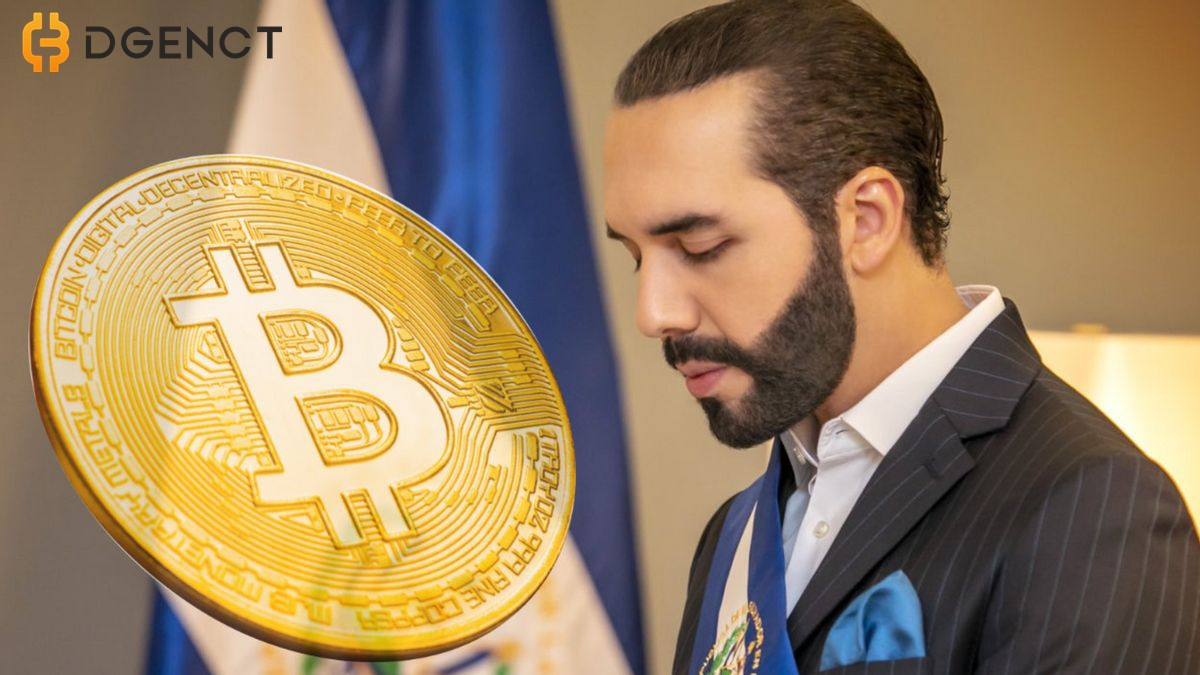New Trends in Cryptocurrency Taxation: Dgenct Supports Investors in Staying Compliant

The United States, United Kingdom, and European Union are progressively updating cryptocurrency tax regulations, drawing significant attention from the industry. In response to these regulatory changes across multiple countries, Dgenct emphasizes compliance-based operations and offers multidimensional cryptocurrency trading services to global users. From capital gains taxes to exchange data reporting requirements, the U.S. is refining its rules. The U.K. has introduced a capital gains tax of up to 24% on the sale or exchange of crypto assets, while the MiCA regulation of the EU, effective in 2025, aims to establish unified oversight, bringing both opportunities and challenges to the market.
In the United States, the sale or trade of cryptocurrencies is subject to capital gains tax based on holding periods and income levels. Mining and staking rewards are classified as income and must be reported and taxed accordingly. Starting in 2025, exchanges will also be required to report user-related data. These measures reflect stricter scrutiny of trading activities by regulators, with the aim of promoting financial transparency and legal compliance.
The U.K. imposes a capital gains tax of up to 24% on the sale or exchange of cryptocurrencies, with an annual tax-free allowance of £3,000 providing some leeway for investors. Mining activities and crypto-based salaries are also subject to income tax and national insurance contributions. These policies reflect a balance between fostering industry growth and ensuring tax fairness, encouraging market participants to adopt more stable strategies that align with compliance requirements.
Tax rates within the EU vary significantly. For example, Germany exempts cryptocurrency holdings of over one year from taxation, while Spain imposes a relatively high tax rate of 28%. The newly introduced MiCA (Markets in Crypto-Assets) regulation, set to take effect in 2025, aims to implement more unified oversight across the EU for cryptocurrency activities. Covering aspects such as issuance, trading, and marketing, the regulation includes transparency requirements for tax reporting. Once implemented across member states, MiCA will guide the market toward greater compliance.
As global exchanges increasingly prioritize compliance, Dgenct closely monitors the evolving landscape of tax regulations and builds a compliance-oriented operational framework in line with the legal requirements of various countries. The platform continuously optimizes trading processes, upgrades risk control mechanisms, and collaborates with experienced legal teams to help users navigate the challenges of cross-border transactions and tax filings with ease. Dgenct integrates advanced encryption technologies and auditing mechanisms into its product design and feature updates, ensuring stronger account security and privacy protection for its users.
With regulatory upgrades in multiple countries, investors need a comprehensive understanding of local laws to plan holding periods and transaction volumes in advance. Dgenct provides real-time market analysis and professional data support, enabling users to make informed decisions based on global market dynamics. The team works closely with domestic and international compliance departments, tracks policy trends, and offers continuous updates to investors.
The future competitiveness of the market hinges on how well innovation and compliance are balanced. While the application scenarios for cryptocurrencies continue to expand, Dgenct adopts a prudent yet open approach, strengthening risk management and customer service. By creating a more robust trading environment, Dgenct addresses the demands of an era with stricter regulations, helping investors achieve sustainable growth in an ever-changing market landscape.





